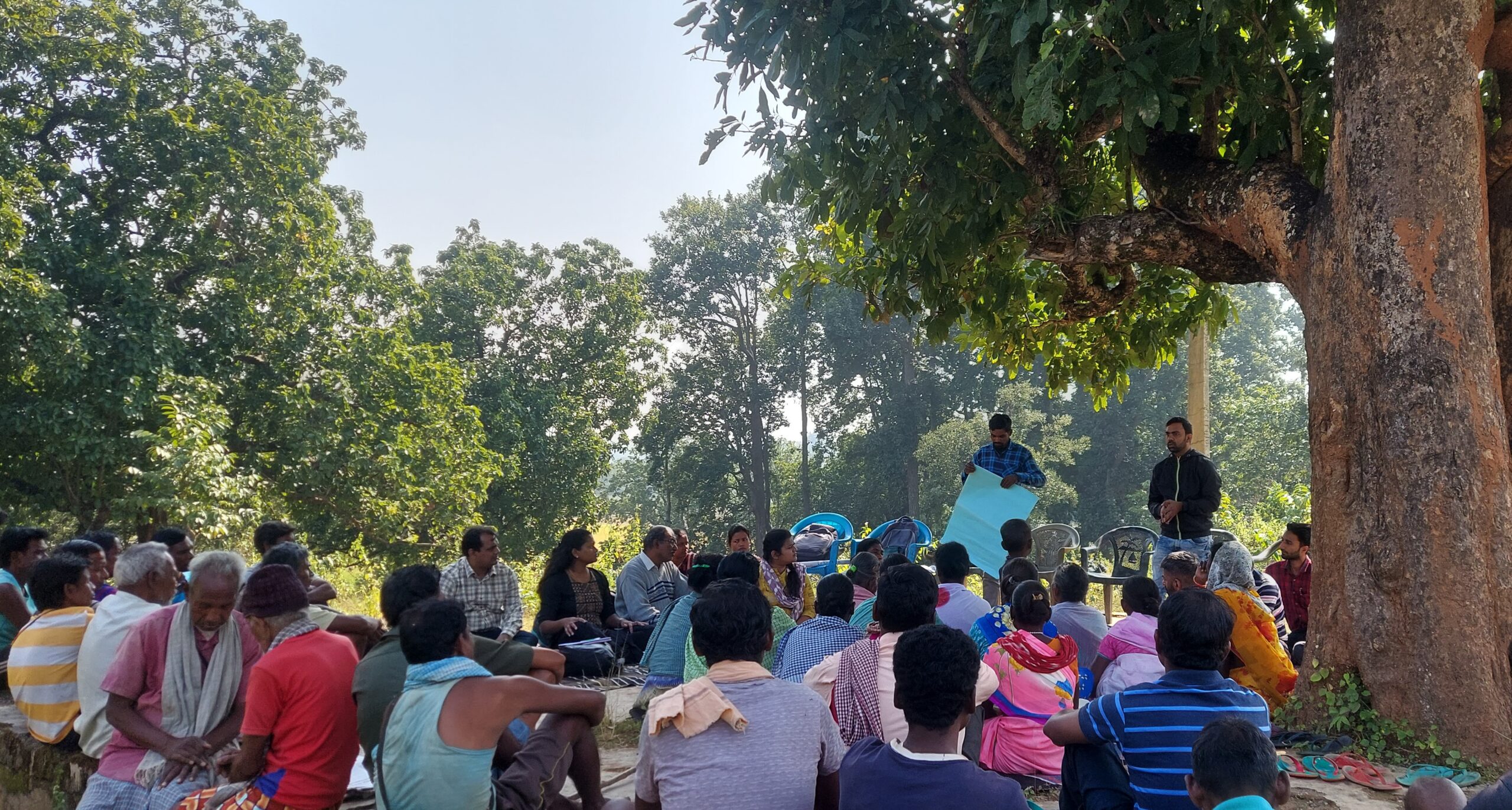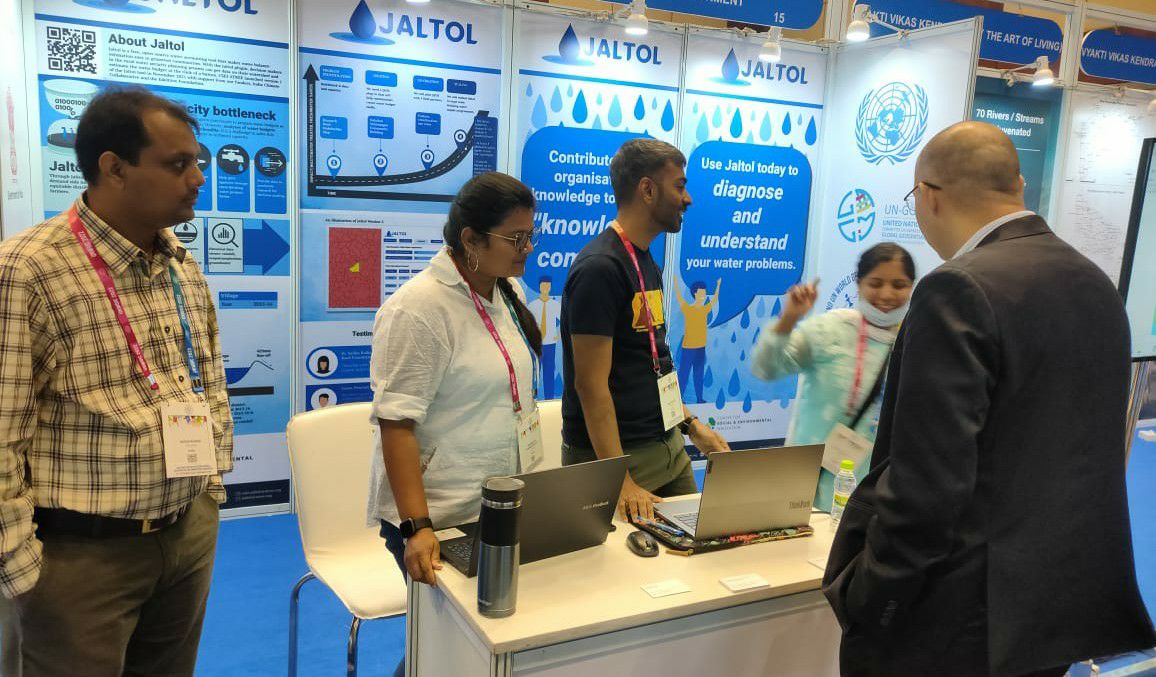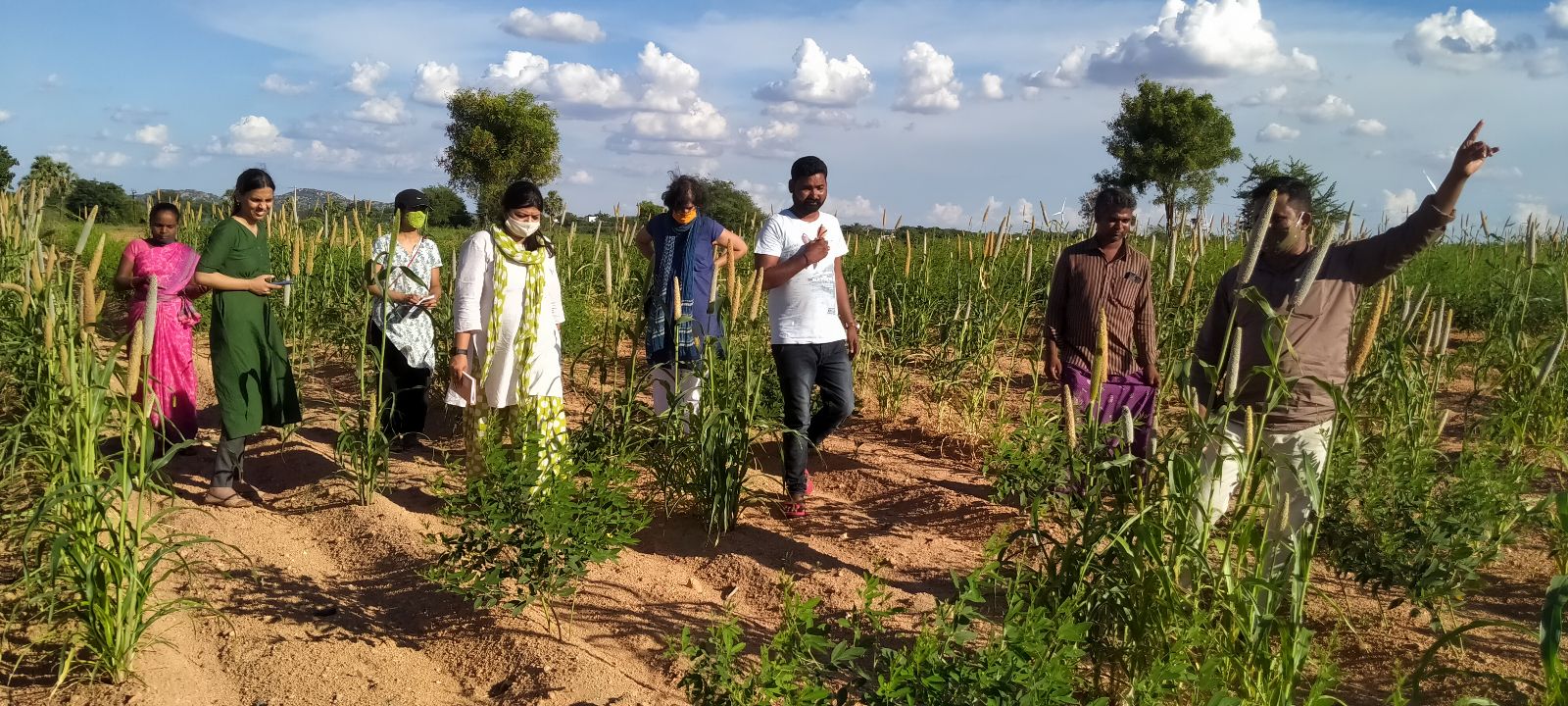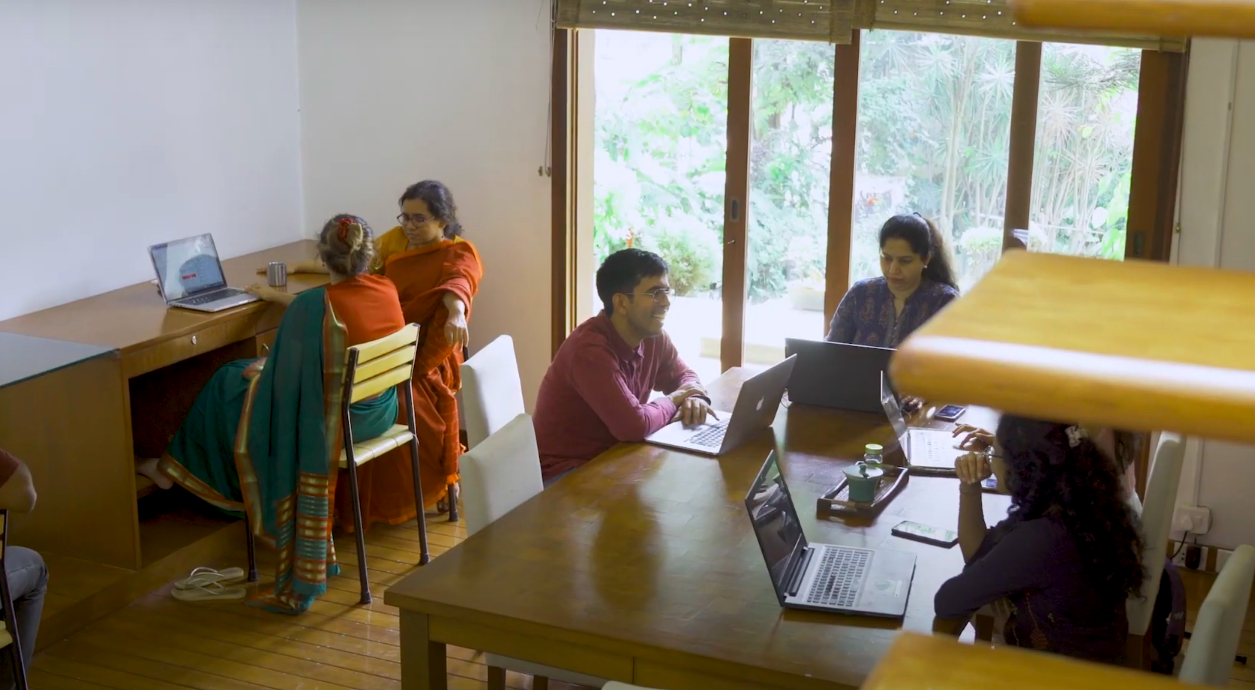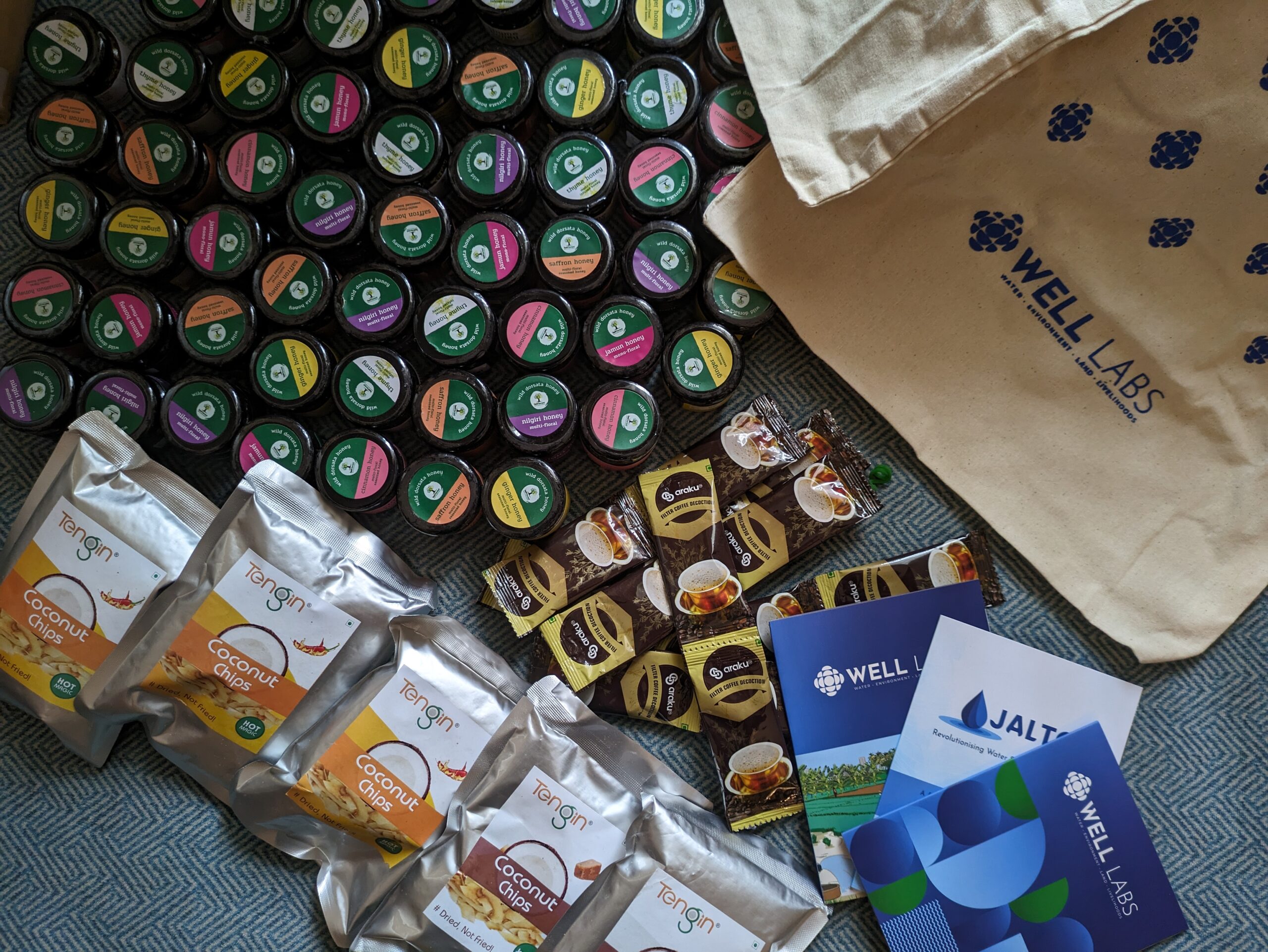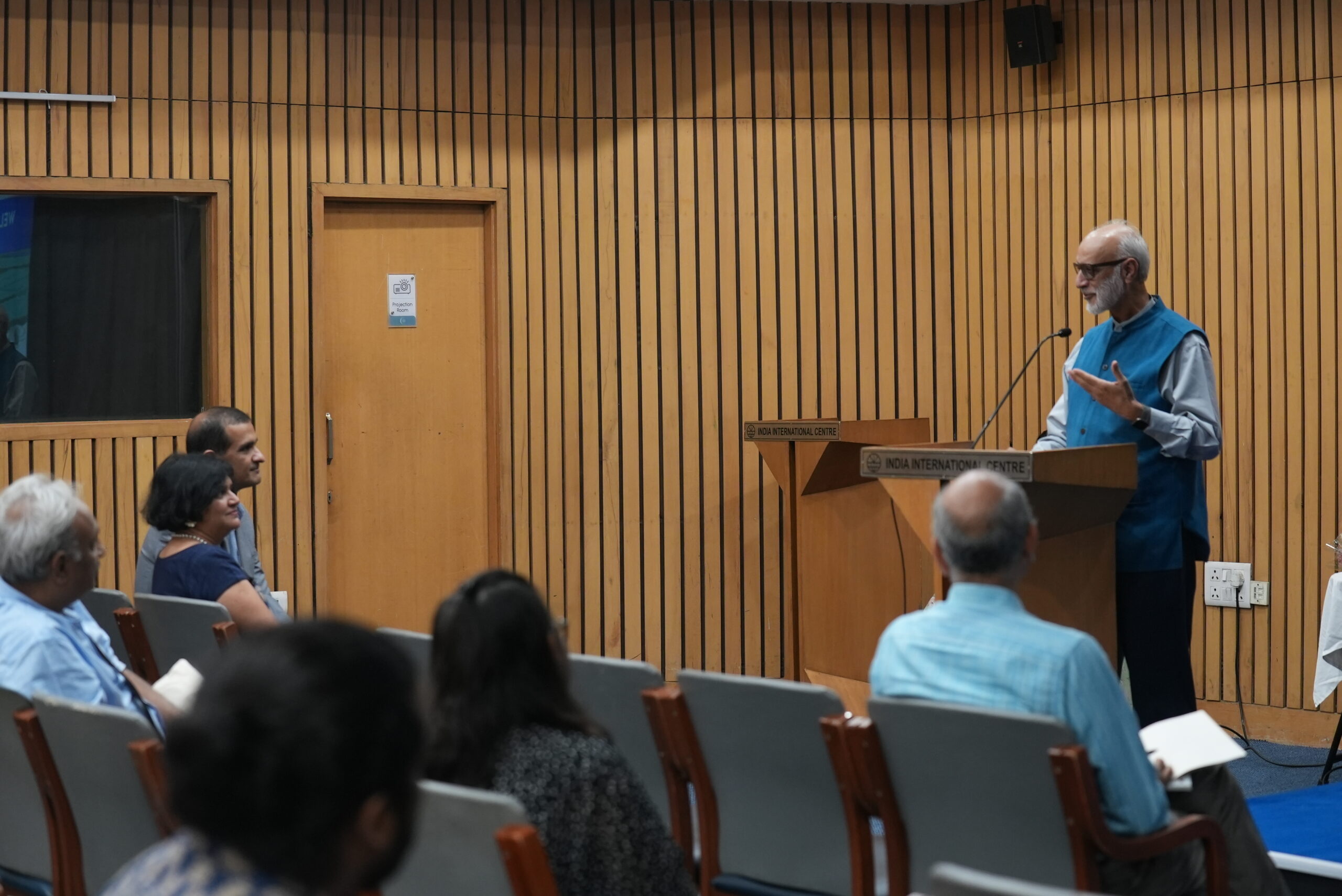Raichur Roundtable: Equitable Water-Sharing for Sustainable Transitions in Agriculture
Water for agriculture remains an indispensable, finite, and stressed resource for a majority of smallholder farmers engaged in agriculture as a primary source of livelihood. India’s agricultural production system is determined by the availability and access to water resources. The challenge is that water, unlike land and forests, is a dynamic resource present in various interconnected forms such as groundwater and surface water. When equitable distribution of water—both surface and groundwater—is not institutionalised, it results in inequitable water distribution and low land and water productivity.
While there have been engineering solutions administered to ensure water distribution for agriculture in India, inequalities in accessing water have remained a critical social problem, amplified through class, caste, and gender disparities.
We held the Raichur Roundtable to bring together key stakeholders.
On March 1, 2024, WELL Labs and the India Climate Collaborative convened a roundtable to bring together key stakeholders to discuss the future of water for transformation of agricultural landscapes. We sought to pinpoint institutional, technological, and financial obstacles hindering the shift toward sustainable land use and water-efficient practices in Raichur.
Addressing complex challenges like water inequity requires collective action from diverse stakeholders including representatives from the government, civil society organisations, philanthropies and Corporate Social Responsibility (CSR) initiatives, market players as well as researchers. The roundtable brought together people from different backgrounds to discuss the issue and find solutions, highlighting the importance of working together to address complex problems.
Fill these details to access the publication
Follow us for more insights on land and water sustainability:

